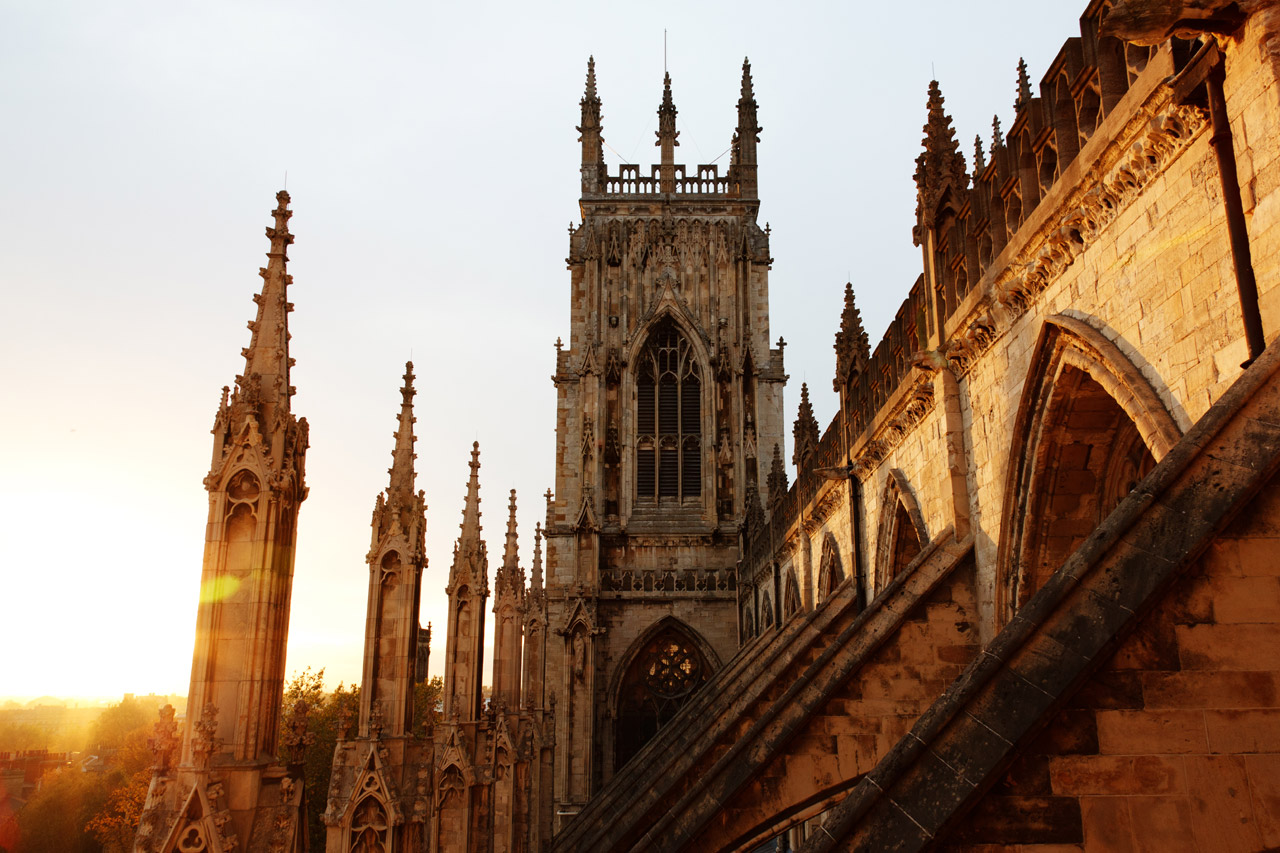
Introduction
The Old Vic Theatre, located in the heart of London, is one of the oldest and most prestigious theatres in the world. Established in 1818, it has served as a cultural landmark for over two centuries, showcasing a myriad of performances that span from classic dramas to innovative contemporary works. The theatre’s importance lies not only in its rich history but also in its ongoing contributions to the arts, attracting audiences and artists alike from across the globe.
Historical Significance
The Old Vic was originally founded as the Royal Coburg Theatre and has gone through several transformations and renovations over the years, reflecting the changing tides of theatre and society. Notable figures in the performing arts, including actors and playwrights such as Richard Burton, Laurence Olivier, and Harold Pinter, have graced its stage. The theatre is particularly famous for its commitment to producing works by Shakespeare, making classic literature accessible to modern audiences.
Recent Developments
In recent years, the Old Vic has adapted to the challenges posed by the COVID-19 pandemic by offering a variety of online performances and virtual events. This innovative approach has helped maintain its connection with audiences while ensuring the safety of its performers and staff. Furthermore, the theatre has committed itself to diversity and inclusion initiatives, aiming to represent a broader spectrum of voices in its programming.
Future of the Old Vic
Looking ahead, the Old Vic Theatre aims to continue its legacy of excellence in theatre arts while embracing modern technologies and trends. The ongoing renovations and improvements to its facilities are expected to enhance the audience experience. As it celebrates its bicentennial in 2018, the Old Vic is poised to remain a vital part of London’s cultural tapestry, continuing to inspire and engage audiences for generations to come.
Conclusion
The Old Vic Theatre is much more than a venue for performances; it is a living testament to the enduring power of the arts. It plays a crucial role in the cultural identity of London, providing a platform for both established and emerging artists. As the theatre navigates the changing landscape of the performing arts, its commitment to storytelling and creativity remains unwavering, ensuring its continued relevance in the heart of the city.
You may also like

The Royal Opera House: A Jewel in London’s Cultural Landscape

Exploring the Historic City of York: A Cultural Gem

Exploring the Wonders of Buckinghamshire
SEARCH
LAST NEWS
- Remembering Wendy Richard: The Promise to Co-Star Natalie Cassidy
- How Did Anglian Water Achieve an ‘Essentials’ Rating for Mental Health Accessibility?
- Shai Hope Leads West Indies in T20 World Cup Clash Against South Africa
- What We Know About Weston McKennie: Future at Juventus and Past at Leeds
- What We Know About the Upcoming Live Nation Antitrust Trial